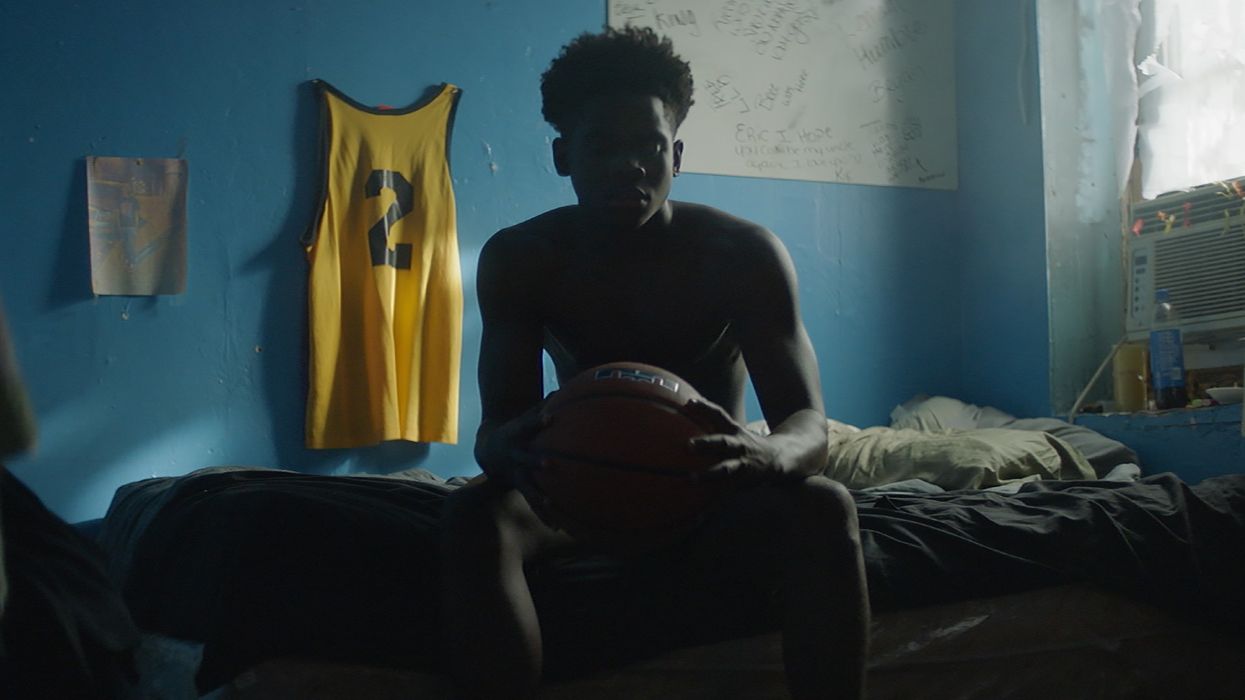As no-budget filmmakers, chances are we're not going to be working with Hollywood actors at the peak of their stardom. Actually, in each and every of your films your cast might actually be made up entirely of non-actors, or actors who have little to no professional experience, and that's not a bad thing. People hear terms like "inexperienced" and "untrained" and immediately think "bad performance," but non-professional actors actually bring something very special to the cinematic table, and because they do, you as a director need to bring a very special set of skills in order to direct them. In this video from Film Riot, director Ricky Staub (The Cage), offers up some great insight on what that skillset entails.
Whether they're seasoned pros or bright-eyed first-timers, directing actors is a tough undertaking. There's a lot of emotional and technical work that goes on between the director and actors in order to prepare for a great performance; if your actor is unfamiliar with this process, it could prove to be a little more challenging.
However, Staub makes a bunch of great suggestions in the video that might make your ability to direct non-actors a whole lot better. Keep in mind that these tips are for non-actors and probably won't be acceptable for many professional actors. (You'll see why in a minute.)
- Cast people who have knowledge about the character they're playing. (Like, cast a teacher in the role of a teacher, a butcher in the role of a butcher, etc.)
- Play it loose with the script. Allow for a lot of freedom with dialogue.
- Always have a backup plan. If your actors are having a hard time performing a scene, come up with a way to express the emotional idea of the scene visually.
- Let your camera roll as much as possible. This keeps your actors in the headspace of their characters longer, making it more difficult to second-guess themselves and their performance.
- Don't be afraid to show your actors how to perform a scene. Non-actors may not know how to perform a scene or how far to take it, so seeing you "go there" gives them an idea of where to go.
Non-actors may not have years of practice and carefully crafted processes of getting into character, but they do have a lot of honesty and earnestness. There's a beautiful authenticity and rawness that comes from non-actors, performances that cut to the bone of the audience because, well, they cut to the bone of the actor. As a director, you need to be patient enough to wait for it and prepared enough to capture it all.
Check out Staub's beautifully evocative short film The Cage below:
There are also some great bonus features available on the film's Filmsupply page as well, including a behind-the-scenes featurette that breaks down Staub's approach to the production. Click here to check it out.
Source: Film Riot
















